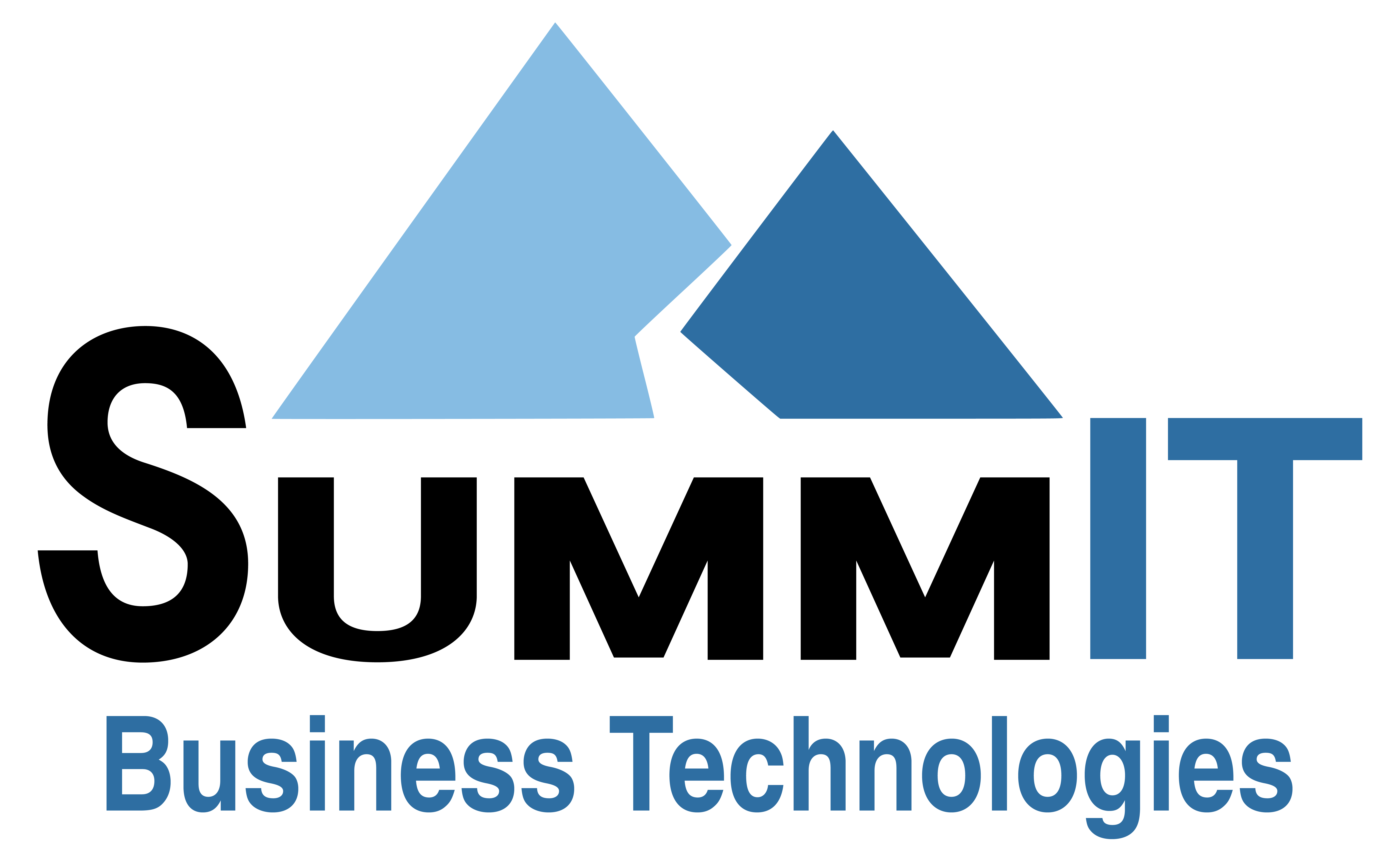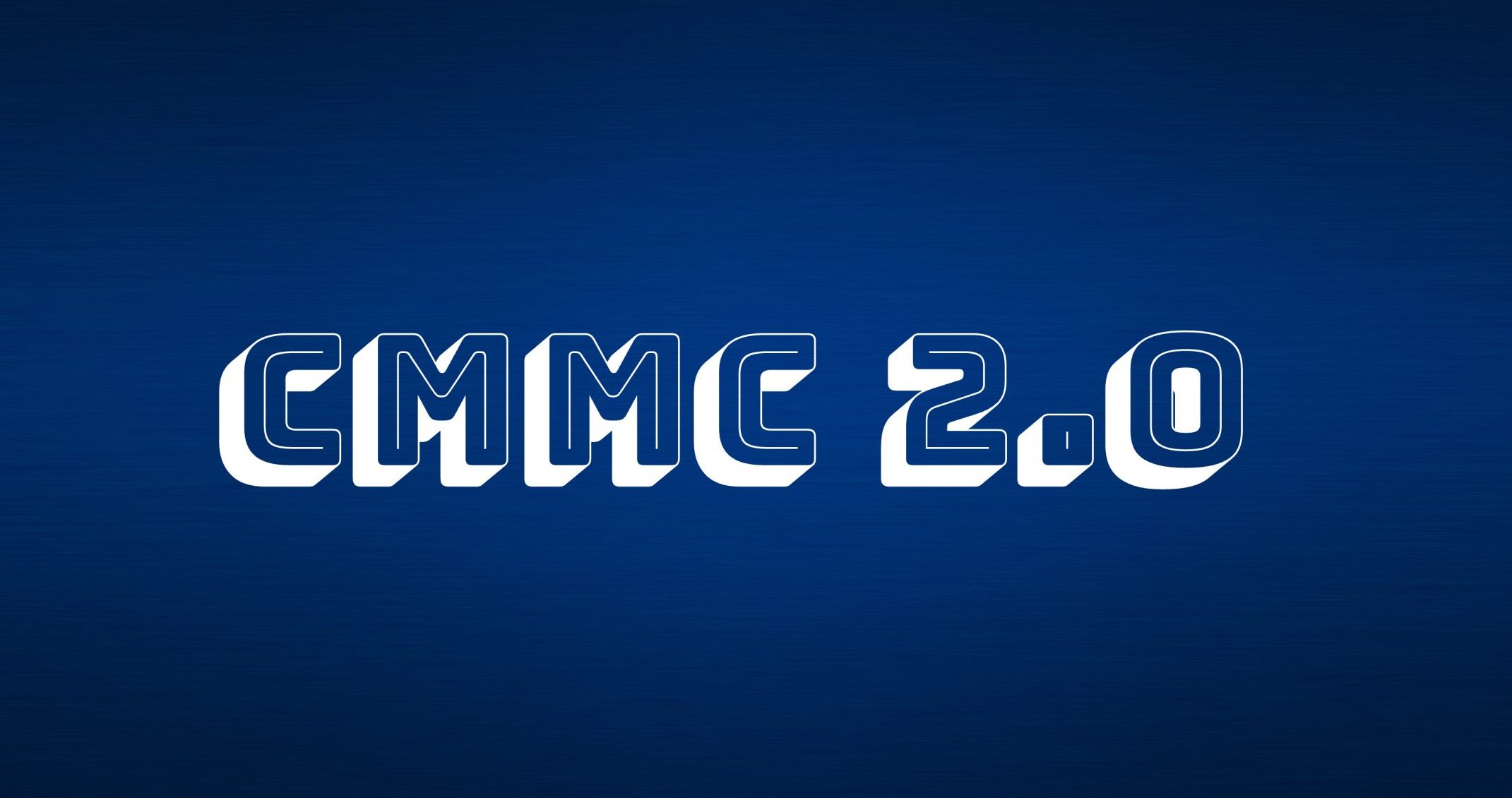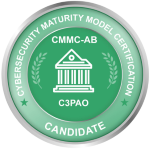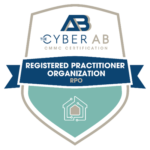Every small company seeks to pay lower taxes to increase their profit margins on products and services that they provide. Now in Maryland that opportunity exists and with the added benefit of enhanced cybersecurity.
It’s a win-win scenario.
Maryland’s General Assembly made available tax credits as an incentive to help small employers reduce their vulnerability to a cyber attack and to promote the purchase of cybersecurity technologies and services from qualified companies in the state. And with good reason. Nationally, more than 4 in 10 cyber attacks target small businesses.
Just because a company is small does not mean it is less valuable as a target. Cyber criminals use internet pathways existing in unsuspecting small companies to get to large enterprises. Instead of tunnels underground, the information highway is used to hack with near impunity.
What the law sets forth
First, the law empowers IT security companies to become Qualified Sellers of cybersecurity technologies and services. Maryland’s Department of Commerce just recently certified Summit Business Technologies as one of 13 Qualified Sellers around the state.
Second, companies in Maryland who file taxes in the state are eligible for tax credits on the purchase of cybersecurity services and technologies. A company must employ fewer than 50 employees to qualify.
Maryland companies who are not yet qualified sellers may still be able to resell cybersecurity services and technologies offered by companies like Summit. Small businesses who purchase resold technology and services may still qualify for a healthy tax credit.
That’s it. The requirements are more or less straightforward.
Tax Credit Availability
Given that the bill became law in May 2018, a total of $2,000,000 was allocated in 2018. However, for 2019, $4,000,000 are available. The law requires that 75% must be for technologies and 25% for services. Therefore, three million dollars in tax credits are reserved for cyber technologies and and one million for cybersecurity services in 2019. Once the tax credits are depleted for any one year a qualifying company must wait until next year.
The maximum tax credit for a qualifying company is 50% of the net purchase price up to a maximum of $50,000 for one tax year. That means as much as $100,000 in cybersecurity technologies and services are potentially eligible for tax credits in a single year. Don’t let the big numbers scare you. Plenty of smaller purchases – from firewalls to security awareness training – may be offset by the tax credits. Our security suite explains the different types of protection that cover each potential entry point.
Time is of the Essence
As a new tax credit, Maryland officials are just getting a sense of how many small businesses will take advantage of the new law. However, fifty percent savings on the purchase of cybersecurity technologies or services is a strong incentive. Tax credits are a dollar-for-dollar reduction in a company’s tax liability. Spending $10,000 on cybersecurity upgrades would provide a tax credit of $5,000. In other words, qualified companies can buy cybersecurity for half the price.
The adage, “the early bird gets the worm” applies here. Tax credits will be awarded on a first come, first served basis. The sooner you act, the higher the likelihood that funding will still be available. Companies must submit the application with a copy of the invoice for the cybersecurity technology or service and proof of purchase.
Even without a tax credit, improving your cybersecurity still pays dividends in reducing the risk, business disruption, and potential liability from a breach. No amount of tax credits can compensate for that scenario.
Next Steps
Summit is eager to work with small businesses across the state to determine the best options to enhance their cybersecurity. Let’s set up a meeting to get the process rolling.
As always, Summit recommends you first consult your company’s tax specialists and attorneys to make sure all the details that need to be addressed are covered. For your convenience, we have included the cyber tax credits application at this link. Don’t let this opportunity slip by.













